Tanzania’s significant Legal Reforms have been recognised by the International Monetary Fund
Tanzania’s GDP has increased significantly as a result of the prominent reforms passed by the government across the Mining, Land and Finance sectors. These reforms have had a significant positive impact on keeping inflation at bay and stabilising the exchange rate. The Tanzanian government has similarly been extremely effective at adhering to the tax collection target that has been fulfilled to 96%.
The International Monetary Fund rarely recognises developing countries for such significant improvements in the regulatory space and Tanzania has been one of the very few to recently received this level of recognition. The IMF continues to monitor the improvements and is now supporting the country in working on additional economic reforms.
Over the past few months Tanzania’s economy has observed increased activity on various fronts, including a significant improvement in exports, public investment and availability of credit for the private sector. However, despite the obvious progress on the economic front, the IMF team leader Enrique Gelbard is convinced that additional tax reforms should be introduced to maintain the necessary level of economic stability. Discussion to pass another set of reforms has been carried out in consultation with the Tanzanian Minister of Finance and Planning, Hon. Philip Mpango and the governor of the Bank of Tanzania, Professor Florence Luoga as well as additional high-level government decision-makers.
According to the IMF, these reforms, along with the well-defined set of polices will be critical for maximising private sector investment into Tanzania. To complement increased on public investment projects, the government is planning on removing all restrictive regulations to enhance the country’s business climate. The improved availability of funding and lower cost of borrowing should result in much needed positive implications for Tanzania’s mining sector. The country remains determined to follow IMF guidelines and maintain high levels of economic stability to set itself on the path of renewed economic development.
The International Monetary Fund rarely recognises developing countries for such significant improvements in the regulatory space and Tanzania has been one of the very few to recently received this level of recognition. The IMF continues to monitor the improvements and is now supporting the country in working on additional economic reforms.
Over the past few months Tanzania’s economy has observed increased activity on various fronts, including a significant improvement in exports, public investment and availability of credit for the private sector. However, despite the obvious progress on the economic front, the IMF team leader Enrique Gelbard is convinced that additional tax reforms should be introduced to maintain the necessary level of economic stability. Discussion to pass another set of reforms has been carried out in consultation with the Tanzanian Minister of Finance and Planning, Hon. Philip Mpango and the governor of the Bank of Tanzania, Professor Florence Luoga as well as additional high-level government decision-makers.
According to the IMF, these reforms, along with the well-defined set of polices will be critical for maximising private sector investment into Tanzania. To complement increased on public investment projects, the government is planning on removing all restrictive regulations to enhance the country’s business climate. The improved availability of funding and lower cost of borrowing should result in much needed positive implications for Tanzania’s mining sector. The country remains determined to follow IMF guidelines and maintain high levels of economic stability to set itself on the path of renewed economic development.

.png?ext=.png)
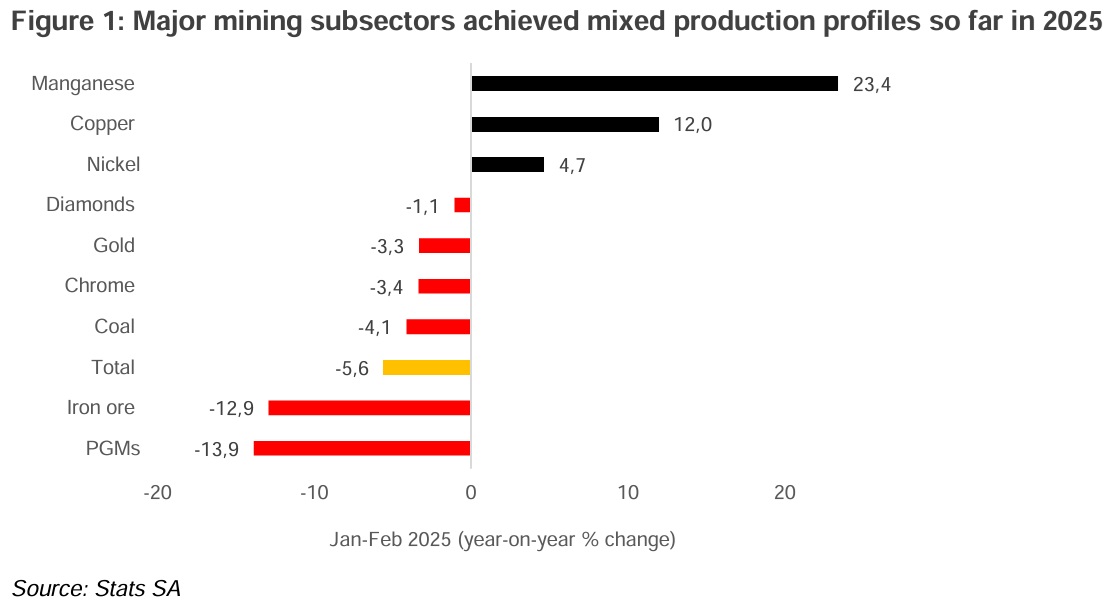
.png?ext=.png)
.png?ext=.png)


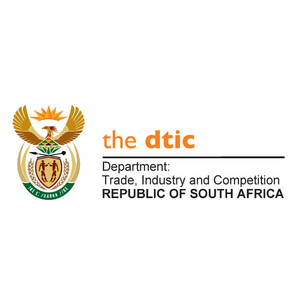









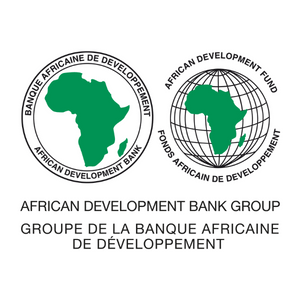


-min.png?ext=.png)








_1.png?ext=.png)





















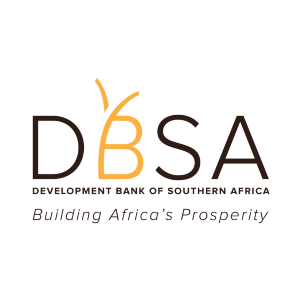





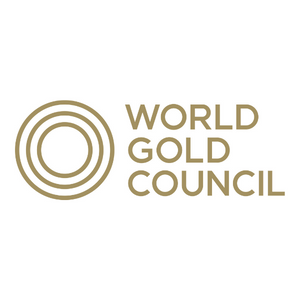


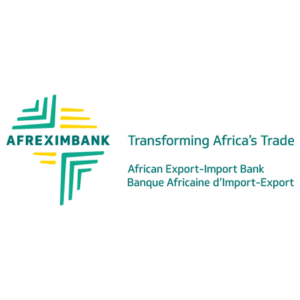






_mi25-weblogo.png?ext=.png)


_mi25-weblogo.png?ext=.png)







